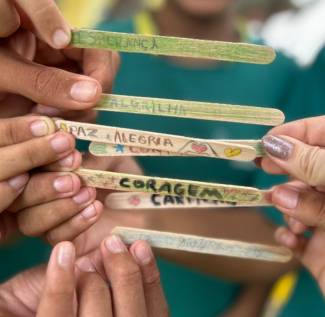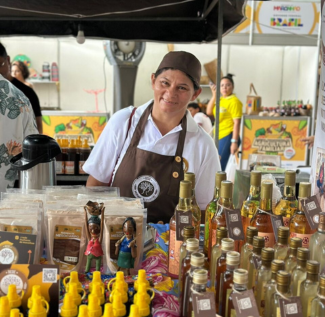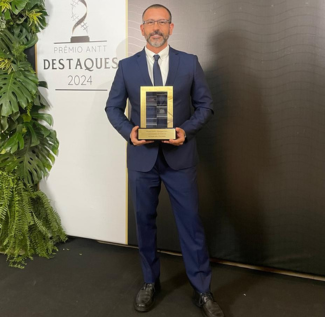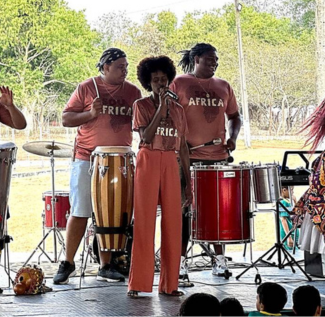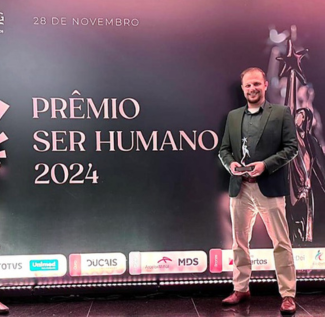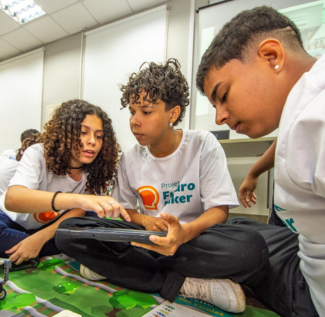Early Childhood Education and Inclusive Education projects win awards

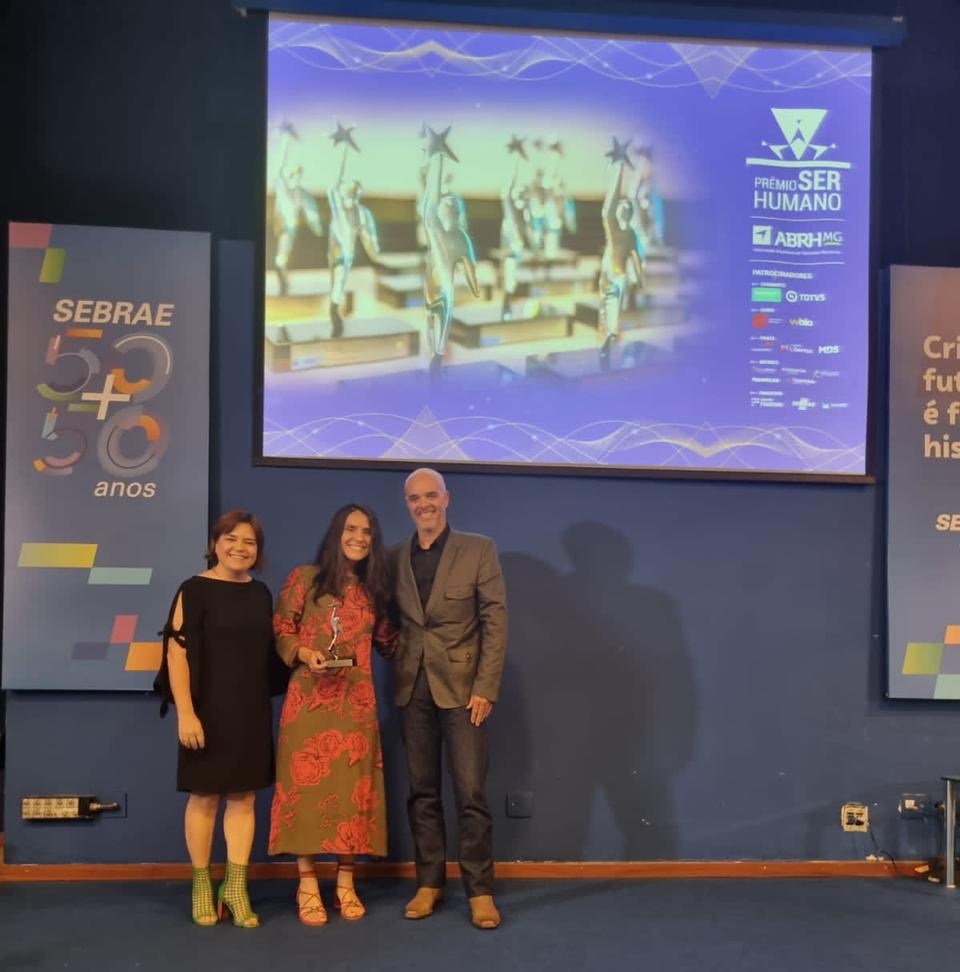
In the NGO modality, the Early Childhood Education and Inclusive Education projects are the winners of the 21st edition of the Human Being Award, in Minas Gerais. The award highlights the initiatives that companies and organizations undertake to contribute to social development.
The achievement is an important milestone of the Vale Foundation, which implemented the Early Childhood Education project for 2 years in the search to expand the possibilities of educational and pedagogical activities aimed at children from 0 to 5 years old by contributing to the improvement of the quality of the development and learning process in view of the relevance of this stage for the life of the child and their coexistence in society, in the municipalities of Resplendor and Tumiritinga (MG).
The project was an initiative of the Vale Foundation and counted on the partnership of SFB – Solidarity France Brazil, acting in a participatory and integrated way, the development of the project takes into account the challenges raised with professionals working in the municipal education network and in line with the actions promoted by public management, in order to enhance the initiatives related to Early Childhood Education in the territories.
In all, there were 160 trained professionals from the Early Childhood Education Networks of Tumiritinga and Resplendor, reaching 100% of the professionals. In addition to equipped all 16 Early Childhood Education Units of the municipalities and donated 1,700 equipment and materials for schools.
The Inclusive Education project aims to improve Specialized Educational Assistance (ESA) in municipal education networks, through the continuous training of education professionals and encouraging the design and implementation of inclusive pedagogical practices. Together with the Agência de Iniciativas Cidadãs (AIC), the program supports the public education network in the formation of the technical team of the municipal departments of Education, directors, pedagogical coordinators and teachers. This support extended to the equipping of multifunctional resource rooms to serve students with disabilities, global developmental disorders or giftedness.
Students with disabilities attend the regular classrooms and, during school hours, are directed to the multifunctional resource rooms, where they can develop new skills and use support instruments that facilitate learning in regular classes.
In this sense, Mirtes Costa, director of CEMEI Pingo de Gente, comments on the formations:
“Inclusion, despite being discussed for some time, still has a long way to go in the educational process. Despite the difficulties, including children with disabilities benefits everyone involved and there is always the possibility of doing something more, because the current moment is construction.”
Over these 2 years, 14 multifunctional resource rooms were structured, with more than 800 adaptive pedagogical materials and games for the development of visual motor coordination, with about 150 students supported by the Specialized Educational Service of the municipal network of Congonhas.

